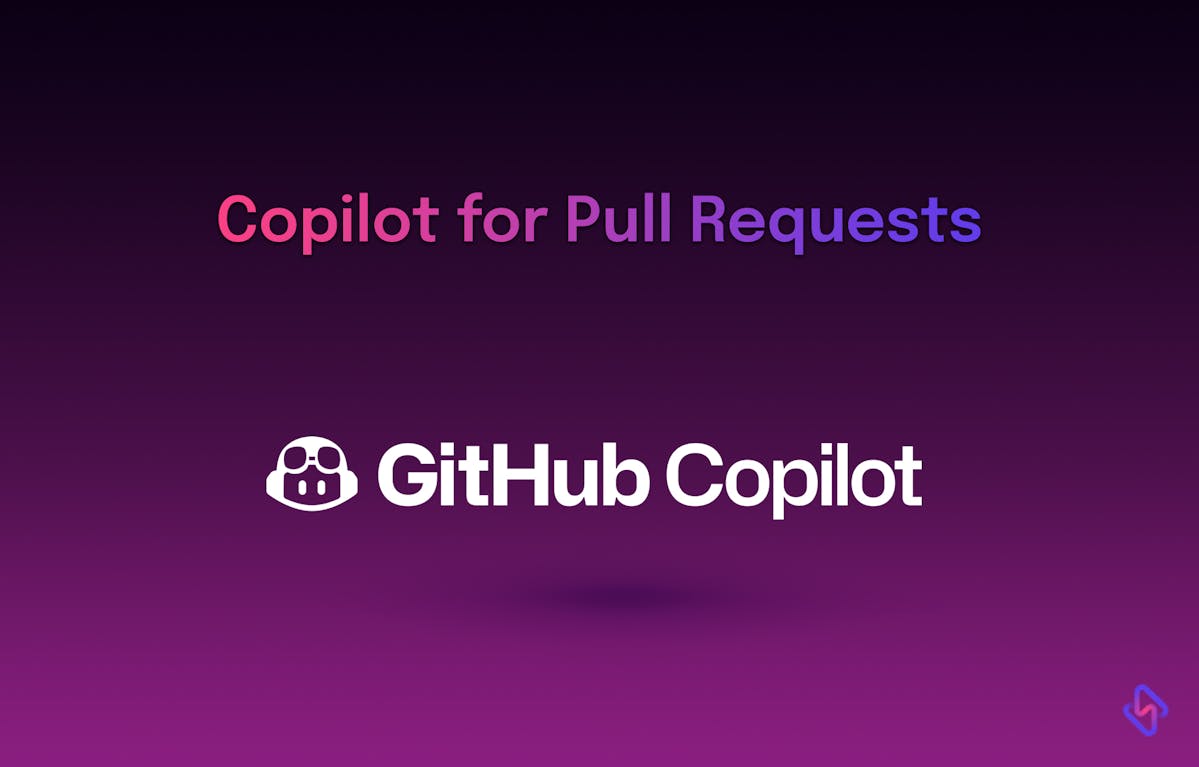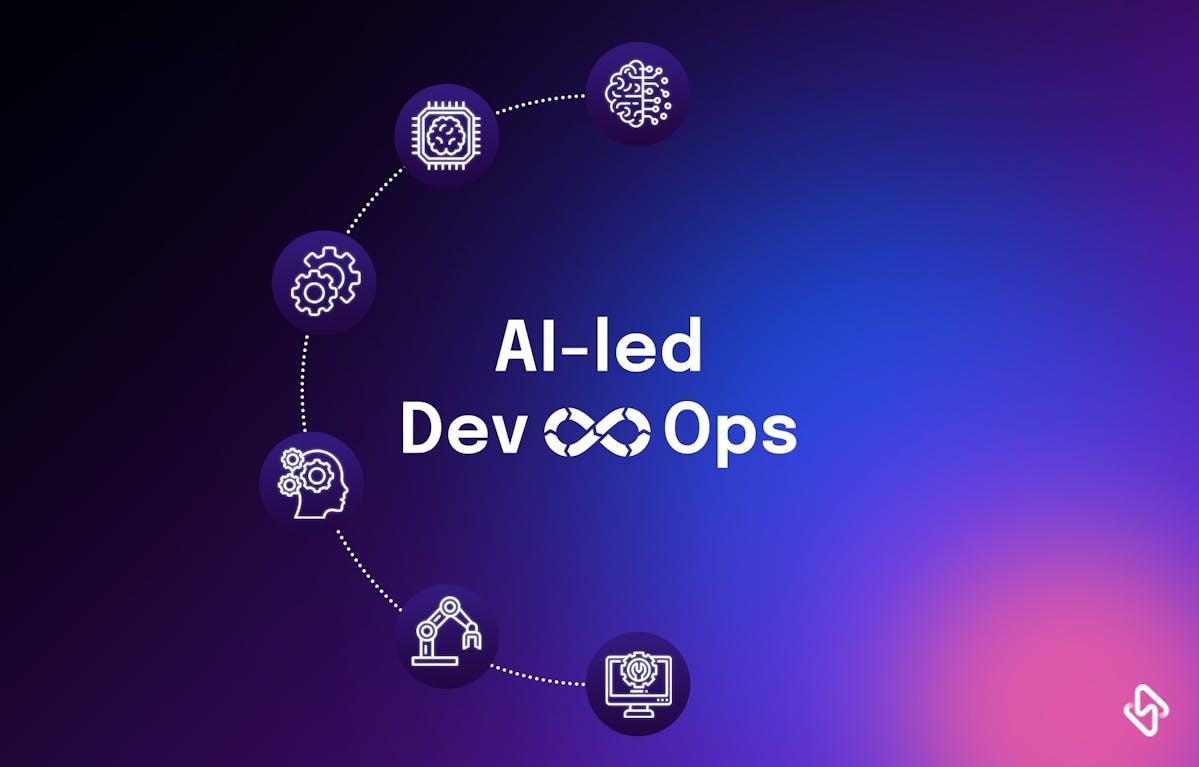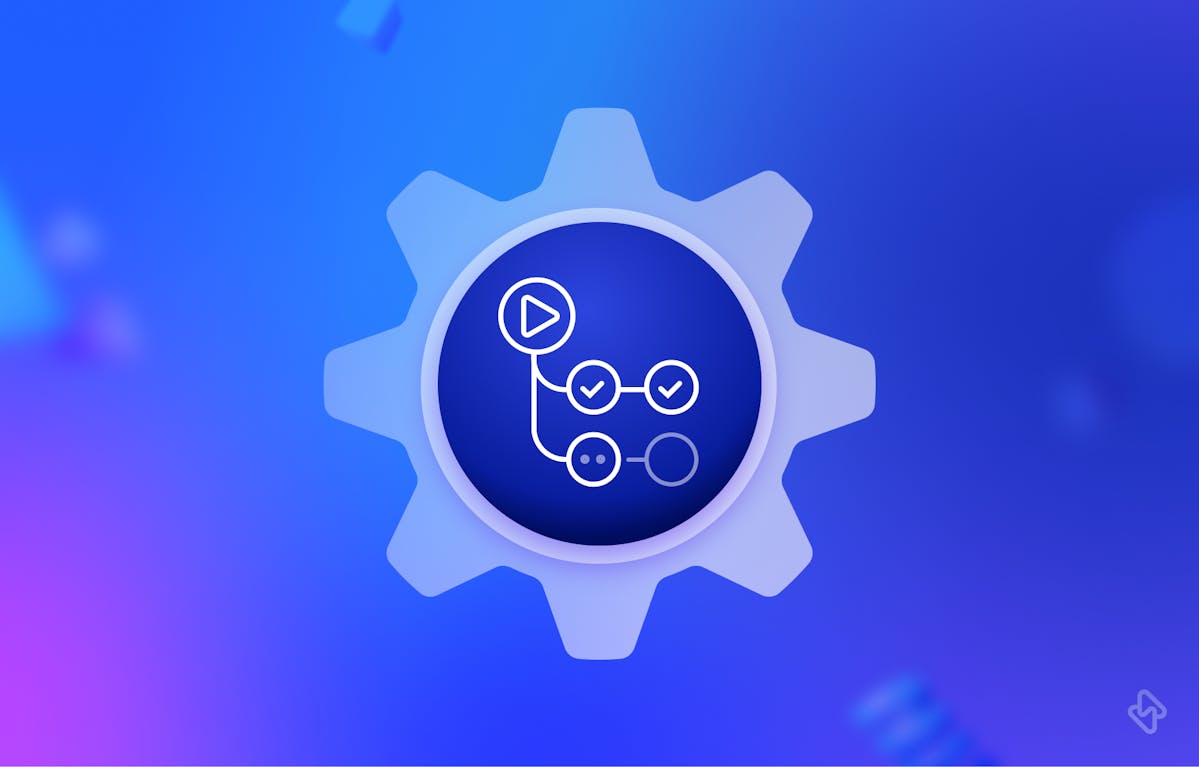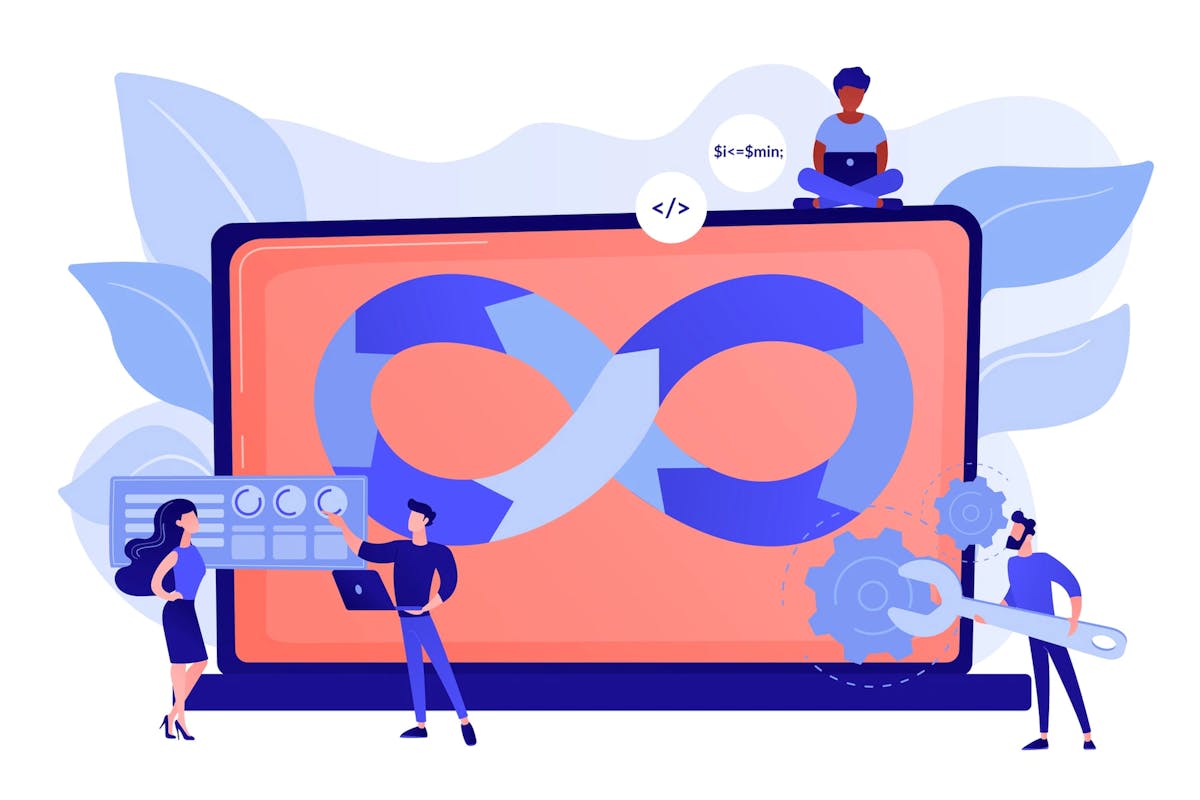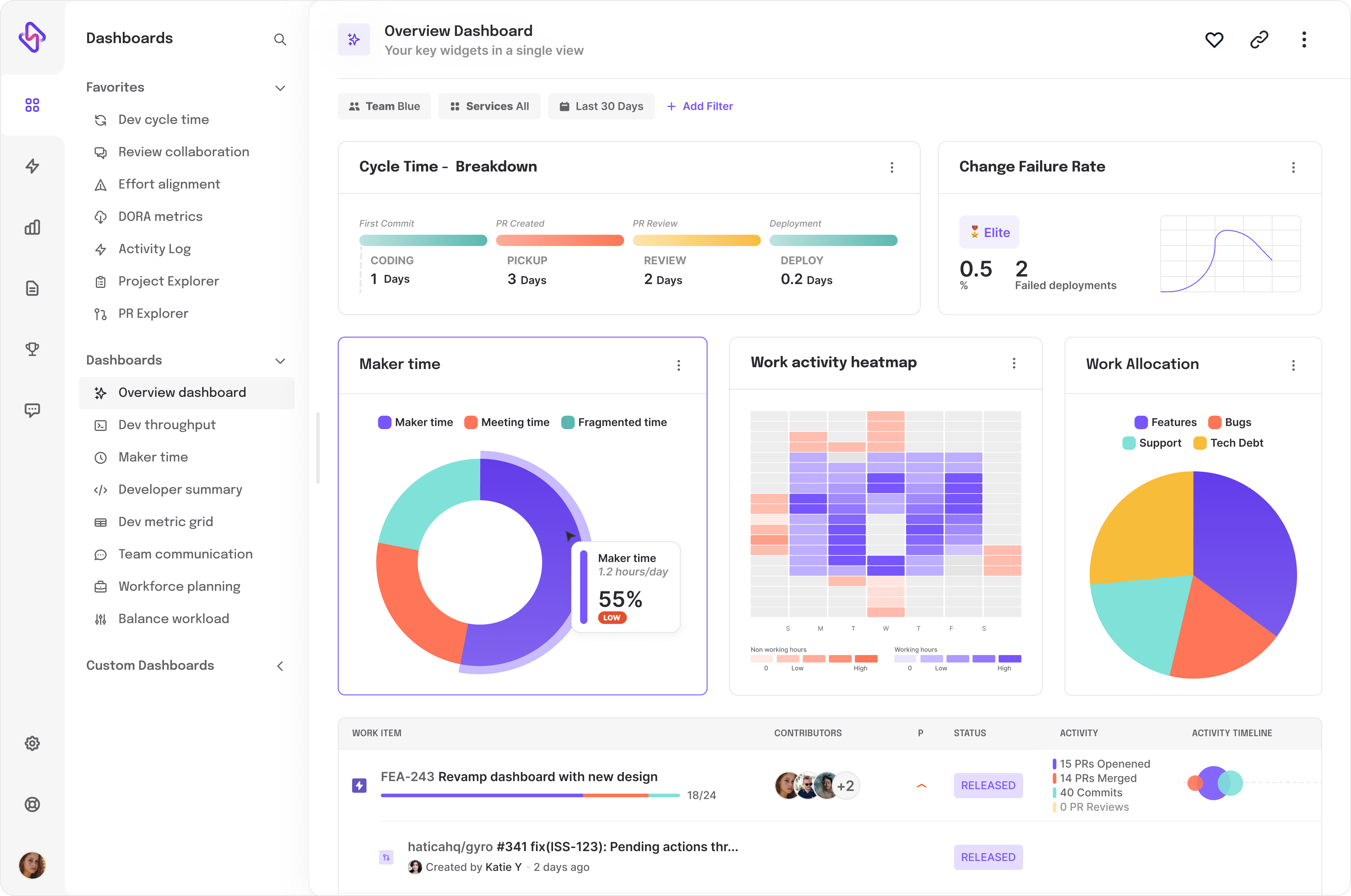GitHub Copilot, derived from OpenAI's sophisticated models, has been a great upcoming addition to the developer's toolkit. It started as an AI-based assistant in the Integrated Development Environment (IDE), making code suggestions to developers. But now, GitHub is taking Copilot beyond mere code suggestions and into the pull request experience, further streamlining the coding workflow.
One of the major challenges GitHub is addressing is the code review process for Jupyter notebooks. Historically, these notebooks, when presented for review, appear in their raw JSON format, making it a cumbersome process. GitHub is now transforming this with better interfaces and presentation tools. Join the waitlist: https://githubnext.com/projects/copilot-for-pull-requests
GitHub Copilot for Pull Requests: Leveraging AI-Powered Assistance
1. Pull Request Description Suggestions
While many automated code review systems merely check for code formatting, there's a growing demand for intelligent code structuring suggestions. An ideal solution would be a system that integrates with the developer's working environment, offering real-time insights before even initiating a Pull Request.
Writing a clear pull request description is essential for efficient code reviews. Different teams have varying rules and information types for these descriptions. Copilot introduces marker tags to ease this process. Developers can insert these tags, and when the description is saved, Copilot expands them to provide a detailed understanding of the pull request changes. Some of the available markers include:
- copilot:all - Showcases various content types.
- copilot:summary - Offers a concise summary of the pull request.
- copilot:walkthrough - Gives a detailed list of changes, with links.
- copilot:poem - Provides a creative poetic description of the changes.
2. Gentest
Code testing is crucial for maintaining software quality. Copilot aims to address the occasional oversight of not adding tests to PRs. It uses AI to identify parts of your PR that might lack tests and suggests relevant tests. This assistance ensures that pull requests don't add to a project's "test debt".
3. Ghost Text
GitHub Copilot is bringing its famed "ghost text" feature to pull request descriptions. As developers type, Copilot will offer inline, subdued suggestions to improve the description.
4. Resolving Issues with AI
Copilot aims to alleviate developers' stress when tackling complex issues, such as changing a project's primary framework. Prototype functionalities are in development to automatically describe how to address an issue, generate code suggestions, and even raise new pull requests.
How does Copilot achieve these functionalities? It all boils down to prompt engineering, a mechanism that determines how the model interacts with developers. For a deeper dive into how AI is transforming the world of development, check out this post on GitHub Copilot.
5. Gathering Context
Copilot operates within the IDE and gathers all available information from it. This information needs to be processed quickly, ensuring suggestions appear in real-time as developers type.
Context gathered varies in relevance. Copilot uses a priority system to decide which information should be factored into its suggestions.
6. Snippeting
Too much irrelevant information can bog down Copilot's efficiency. Therefore, Copilot segments file into relevant snippets, ensuring only the most pertinent information is considered when offering suggestions. Moreover, information needs to be presented to Copilot in a structured manner. This is achieved using comments that serve as metadata and additional contextual information.
The Future of Collaboration: Pair Programming with Copilot
The beauty of PRs lies in their ability to compartmentalize changes, making it easier to comprehend and evaluate. Yet, the overhead that comes with them is undeniable. Preparing, reviewing, and even merging them consumes significant time and effort. And as teams grow and projects scale, the challenges multiply.
The future of developer tools seems promising. With the integration of natural language models, there are opportunities for even more intuitive suggestions, such as function naming or automated doc string generations.
GitHub Copilot's evolution into the pull request realm is a testament to the ever-expanding possibilities of AI in software development. These features, both current and planned, are set to make the development and code review process more streamlined, efficient, and intuitive. With Copilot, developers can expect not just to write better code but also to communicate their changes more effectively with their teams.


